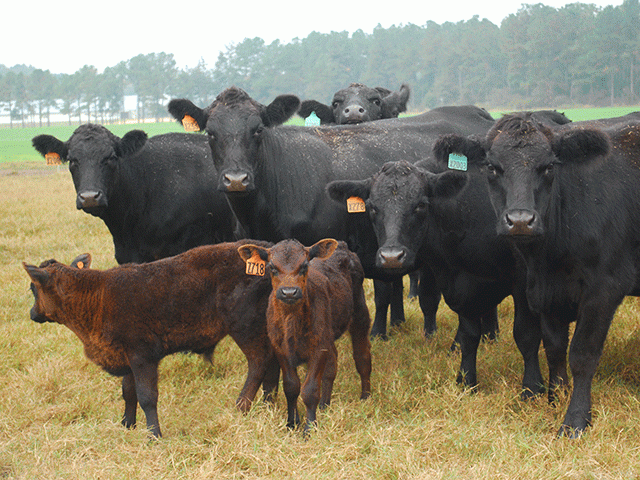Restaurants Allege Beef Price Fixing
Major Restaurant Chains Allege Packers Conspired to Fix Beef Prices
LINCOLN, Neb. (DTN) -- The nation's largest beef packers are facing a growing number of antitrust lawsuits alleging a conspiracy to fix prices, as five more complaints were filed in a federal court in Florida by several popular fast-food chains last week.
At the end of November 2022, a federal court in Minnesota combined claims brought by several major retailers and wholesalers against packers, along with similar complaints filed by livestock and agricultural groups.
The U.S. District Court for Minnesota combined a number of cases filed by R-CALF USA and the National Farmers Union and others against Cargill Inc., JBS S.A., Marfrig Global Foods (National Beef) and Tyson Foods Inc. in 2019, alleging the big-four packers violated multiple antitrust laws starting in early 2015 over fed cattle markets and prices.
On Dec. 20, 2022, parent companies and supply chain management companies for Arby's, Carl's Jr., Hardee's, Green Burrito and Red Burrito brands, Burger King, Sonic and Whataburger, filed separate but identical antitrust lawsuits in the U.S. District Court for the Southern District of Florida.
Those restaurants allege a conspiracy to control cattle volumes and prices starting in at least 2015. Packers named in the lawsuits include Cargill Inc., Cargill Protein-North America, JBS S.A., JBS USA Food Company, Swift Beef Company, JBS Packerland Inc., National Beef Packing Company, Tyson Foods Inc. and Tyson Fresh Meats Inc.
Those companies sold about 80% of more than 25 billion pounds of fresh and frozen beef to the U.S. market in 2018.
The restaurant companies asked for a jury trial, alleging the actions violated the Sherman Act. The chains asked for a court to enter a judgment against the packers for three times the damages sustained.
P[L1] D[0x0] M[300x250] OOP[F] ADUNIT[] T[]
"Since at least Jan. 1, 2015, until the present, defendants have exploited their market power in this highly concentrated market by conspiring to limit the supply and fix the prices of beef sold to (plaintiffs) in the U.S. wholesale market," the lawsuits allege.
"The principal, but not exclusive, means defendants have used to effectuate their conspiracy is a scheme to artificially constrain the supply of beef entering the domestic supply chain."
In June 2020, the U.S. Department of Justice and USDA launched investigations into price-fixing allegations.
The lawsuits cite information provided by a "confidential witness" who previously worked at a Swift slaughter plant in Cactus, Texas, that "confirmed the existence of a conspiracy" among the companies.
"The witness has confirmed that all of the defendants agreed to reduce their cattle purchases and slaughter volumes for the purpose and effect of increasing their margins," the lawsuits said.
"Defendants' transactional data and slaughter volumes records, information published by the USDA, and defendants' public calls for industry-wide slaughter capacity reductions corroborate witness one's account."
The lawsuits claim the companies' practices created surpluses in the cattle market and shortages in the wholesale beef market.
"These artificial conditions, in turn, drove down the prices operating defendants paid for cattle and boosted the prices operating defendants commanded for beef," the lawsuits said.
"By the end of 2020, the two largest defendants, Tyson Foods and JBS USA, were reporting record margins in their beef businesses. Tyson Foods reported that its beef business' operating margin was nearly 10.7% -- significantly eclipsing its 2014 beef business' operating margin of 2.1%. JBS USA reported a higher average beef business EBITDA margin of 11.5% for the first three quarters of 2020."
The companies named in the lawsuits did not respond to DTN's request for comment.
Read more on DTN:
"Fed Cattle Lawsuit Against Big Four," https://www.dtnpf.com/…
Todd Neeley can be reached at todd.neeley@dtn.com.
Follow him on Twitter @DTNeeley
(c) Copyright 2022 DTN, LLC. All rights reserved.





